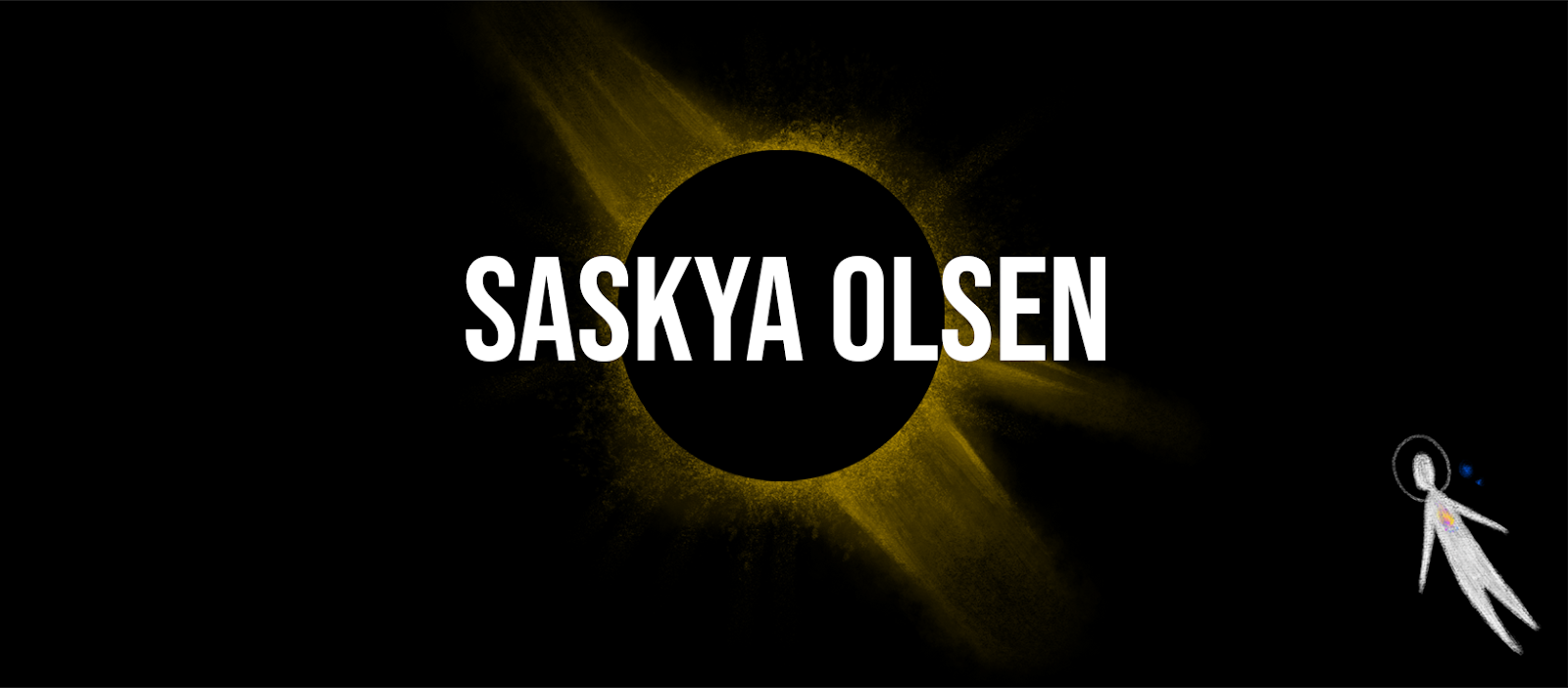Book Critique: Film Studies by Warren Buckland
An interesting supportive learning material that solidifies the importance of my film symposia's, whilst also nurturing my film critique methods. I came away from this read fully understanding why it was a part of my contextual studies reading list.
"film occupies a dominant place in society and because film is a popular medium, it should be studied seriously".
"By analysing the complex nature of difficult film we should be able to appreciate them more"
"Analysis involves examining a film's overall form or structure - that is, the film's design"
"Significant form is the opposite of pedestrian rendition...images fit together so magnificently that they ascend to a higher level of visual meaning" - 'Significant form' is therefore a phrase I hope to incorporate into my own film analysis essays.
This book tries to broaden a readers' analytical film methods..." this book will enable you to go beyond this impressionistic type of criticism", suggesting that opinionative writing shouldn't be the core focus of any analysis.
"film makers at this time were severely limited, they used this economic limitation to their own advantage".
"A major part of the art of film making involves the interaction between the filmed events (mise-en-scene) and the way they are filmed (mise-en-shot)."
"the limitation of film offer the film maker the opportunity to manipulate and distort our everyday experience of reality for artistic ends".
A question I should be asking myself towards films I have watched is " do the separate parts of a film join together to create a higher level of visual meaning?"
The book also introduced a principle I had never heard before, the conventional ten approaches to cinema (in regards to analysis and criticism):
1. a technological history which may emphasise pioneers
2. a study if techniques, either historically or critically and analytically.
3. a study if personalities.
4. a study of the relation between film and other arts, theatre or the novel as examples.
5. a chronological history of classical or important films.
6. film in relation to society.
7. history of Hollywood studios ( economic histories).
8. study of directors
9. study of genres.
10. regulation of the film industry by means of censorship and anti-trust laws.
"little was spent on set design. many warner bros. policy of low budget films in the 1930's have simple, bare sets (…) this economic factor largely determined the visual style of warner bros. films in the 1930's".
"film occupies a dominant place in society and because film is a popular medium, it should be studied seriously".
"By analysing the complex nature of difficult film we should be able to appreciate them more"
"Analysis involves examining a film's overall form or structure - that is, the film's design"
"Significant form is the opposite of pedestrian rendition...images fit together so magnificently that they ascend to a higher level of visual meaning" - 'Significant form' is therefore a phrase I hope to incorporate into my own film analysis essays.
This book tries to broaden a readers' analytical film methods..." this book will enable you to go beyond this impressionistic type of criticism", suggesting that opinionative writing shouldn't be the core focus of any analysis.
"film makers at this time were severely limited, they used this economic limitation to their own advantage".
"A major part of the art of film making involves the interaction between the filmed events (mise-en-scene) and the way they are filmed (mise-en-shot)."
"the limitation of film offer the film maker the opportunity to manipulate and distort our everyday experience of reality for artistic ends".
A question I should be asking myself towards films I have watched is " do the separate parts of a film join together to create a higher level of visual meaning?"
The book also introduced a principle I had never heard before, the conventional ten approaches to cinema (in regards to analysis and criticism):
1. a technological history which may emphasise pioneers
2. a study if techniques, either historically or critically and analytically.
3. a study if personalities.
4. a study of the relation between film and other arts, theatre or the novel as examples.
5. a chronological history of classical or important films.
6. film in relation to society.
7. history of Hollywood studios ( economic histories).
8. study of directors
9. study of genres.
10. regulation of the film industry by means of censorship and anti-trust laws.
"little was spent on set design. many warner bros. policy of low budget films in the 1930's have simple, bare sets (…) this economic factor largely determined the visual style of warner bros. films in the 1930's".
"low-key lighting was used in order to partly conceal the cheapness of the set and its small size. Much of the set was shrouded in darkness".
"for a film to appear coherent, the relations between its actions and events need to be motivated. in narrative films, this motivation is supplied by the cause-effect logic".
"is it legitimate to concentrate on the director as the primary creator of a film?"
The French new wave of film directors "identified low production cists with artistic freedom. the higher the budget, the lower the artistic freedom. they even saw economic failure at the box office as a sign of artistic independence." A rather controversial perspective on film making...





Comments